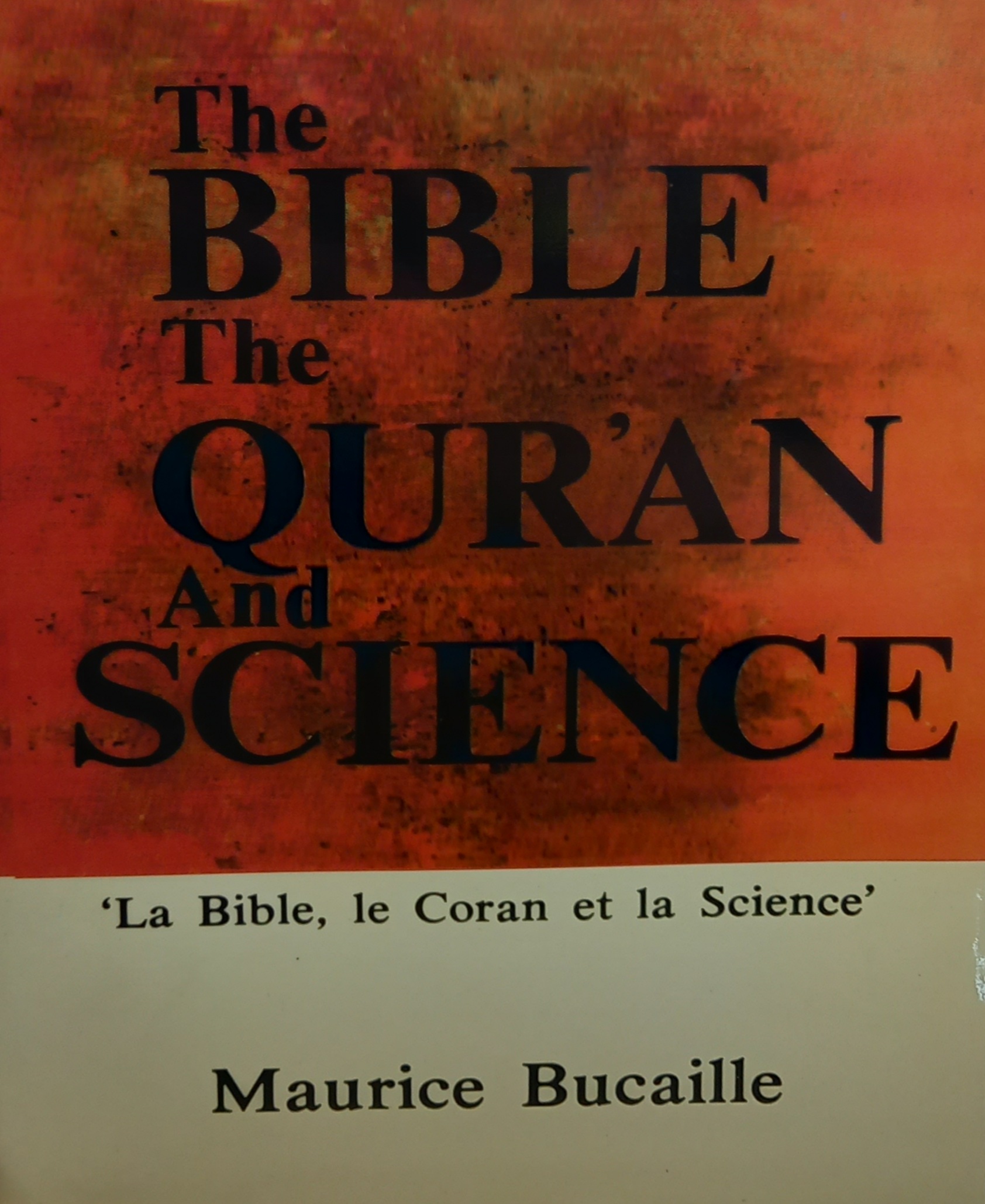Description
Ideas, arts, societies.
Thanks to an objective study of the texts, Maurice Bucaille upsets a number of received ideas about the Old Testament, the Gospels and the Koran, seeking to distinguish in this set what belongs to Revelation from what is tainted with errors. or human interpretations. Its examination sheds new light on the Holy Books.
At the end of a fascinating reading, it places the believer before a crucial point: the continuity of a Revelation emanating from the same God, with different modes of expression over time. This leads to ponder the factors which, nowadays, should spiritually unite and not divide Jews, Christians and Muslims.
BIOGRAPHY OF Maurice BUCAILLE
Maurice Bucaille has devoted years to the study of sacred texts, Arabic and hieroglyphics. A former surgeon, he personally contributed to the investigations of mummies. He is the author of The Bible, the Koran and Science, Reflections on the Koran, Mummies and Pharaohs.
Maurice Bucaille, born July 19, 1920 in Pont-l’Évêque (Calvados) and died February 17, 1998, was a French doctor.
Author of several works, Bucaille is known especially to Muslims for his concordist theories favorable to the Koran, in which he claims to demonstrate that the Koran is in conformity with modern scientific theories, whereas the Bible is full of errors and inconsistencies. His exegesis has been unanimously criticized by scientific commentators for its lack of objectivity, inasmuch as he would require the Bible to conform strictly to current scientific knowledge, which he would not require of the Quran.
Biography
Son of Maurice and Marie (James) Bucaille, Maurice Bucaille practiced medicine as a gastroenterologist from 1945 to 1982. In 1973, Bucaille was appointed family physician to King Faisal of Saudi Arabia. At the same time, some members of the family of President Anouar el-Sadat of Egypt were also among his patients.
In 1976, he published The Bible, the Koran and Science, which sold millions of copies and was translated into several languages, where he maintained that the Koran contained many scientific discoveries. In 1987, he published another book titled: Mummies of the Pharaohs: Modern Medical Investigations; he himself took part in the work of medical investigation of the mummies.
Concordism for the Koran and the hadiths
Bucaille is one of the references of Muslim concordism, a system of exegesis which consists in interpreting the Koran in such a way as to try to bring it into line with the results of modern science3.
Conformity of the Koran, “true word of God”, to scientific theories
The Bible, Quran and Science describes the Quran as being in accord with scientific facts and modern knowledge about the creation of the universe, earth, space, animal and plant kingdom, human reproduction, etc. which were revealed fourteen centuries ago to Muhammad, the prophet of Islam. Bucaille affirms that – unlike the Bible and the Gospels which reveal things which are in total contradiction with current modern and scientific knowledge, in particular with regard to the creation of the Earth, the date of the appearance of the man on earth (which can be deduced from the genealogies enumerated in the Bible), the account of the deluge, or the genealogy of Jesus, reported by the Bible in a manifestly erroneous way4 – the Koran states that in Islam, science and religion are “twin sisters”.
According to Maurice Bucaille, the Bible contains monumental scientific errors and not a single one is found in the Koran, which its descriptions of natural phenomena would make compatible with modern science. Bucaille concludes that the Koran revealed to the prophet Muhammad, an illiterate man and incapable of proving facts that will be confirmed, fourteen centuries later, by modern science, is the true word of God.
Comparison between the Koran and the “errors” and “inconsistencies” of the Bible
Bucaille maintains that, because of its oral transmission, the Old Testament would have been distorted as well as because of numerous translations and corrections, without daring to think that these additions and modifications could have made it possible to obtain the inspired text. He highlights, in his words, “the many disagreements and repetitions” in the Old Testament and the Gospels. The term “parabola” is absent from this analysis.
In his book, Maurice Bucaille argues that he relies on many criticisms of the Bible, such as the “documentary hypothesis”. With regard to the Koran, Bucaille relies in particular on the historical works of Muhammad Hamidullah, according to which the Koran “was both recited by heart, as it was revealed, by the Prophet and the believers around him and fixed in writing by the scribes of his entourage” which ensures their authenticity. Lower it gives
complete information:
page colors: white
number of pages: 253
dimensions 24 x 17 x 1.5 cm
weight in pounds 0.414 kg
Seuls les clients connectés ayant acheté ce produit ont la possibilité de laisser un avis.



Avis
Il n’y a pas encore d’avis.